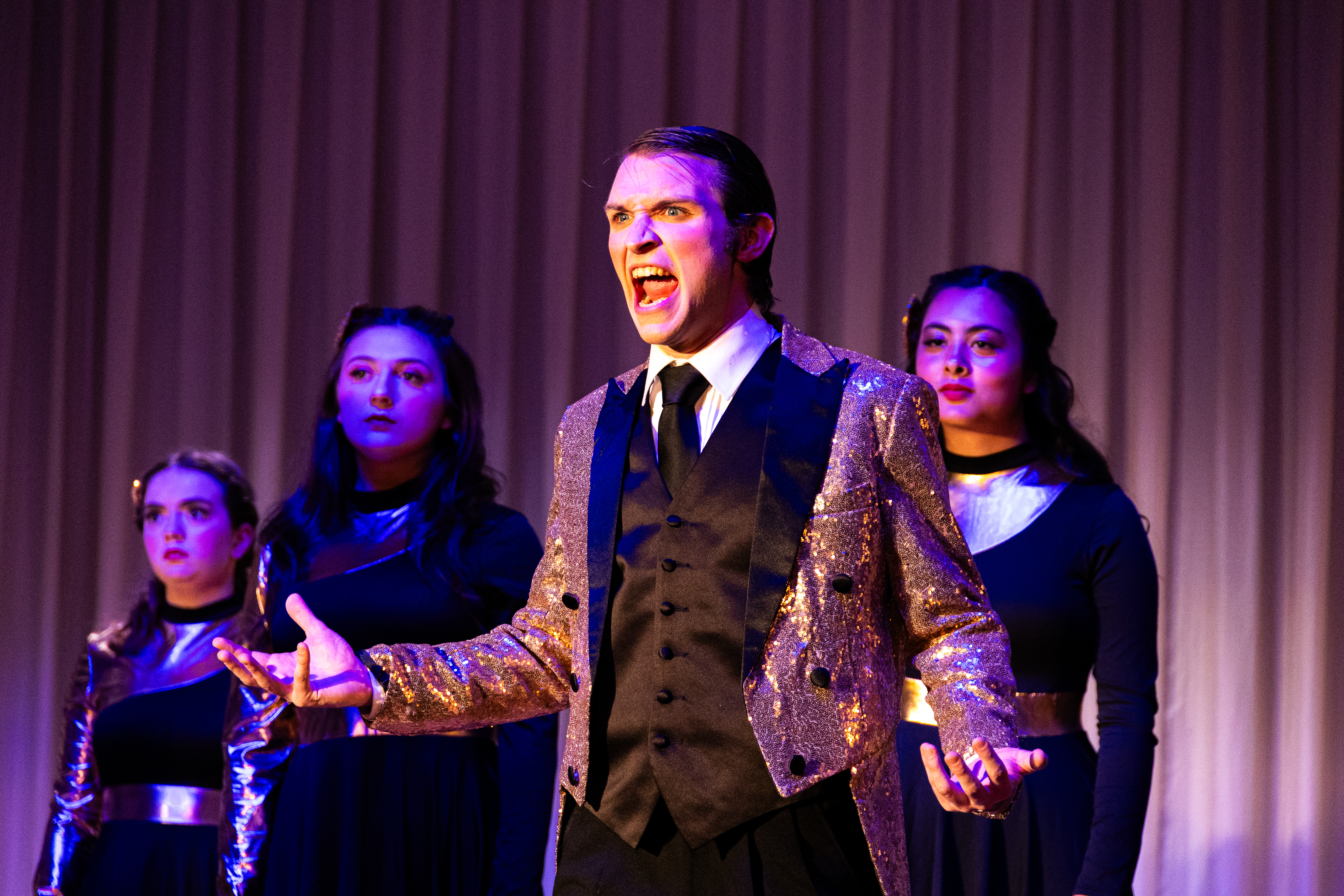Antisocial: Online Extremists, Techno-Utopians, and the Hijacking of the American Conversation
Andrew Marantz
Hardcover, 400 pages
Publication Date: October 8, 2019
Publisher: Viking
Genre: Nonfiction, Culture, Technology
It feels like the more time passes, the quicker technology advances. This seems especially true of social media, as new apps are being released constantly and content spreads across the Internet millions of times each second. If you look away for even a moment, you can easily find yourself confused by words, terms and images which cropped up in abundance during your absence.
I spend probably too much time on social media, and I still feel out of the loop about many things, especially when it comes to the way social media played a hand in the 2016 presidential election. I sort of knew what the alt-right was, and I knew about Alex Jones and Infowars, but beyond that, the people I saw on Twitter and the terms circulating around politics were foreign to me. Thankfully, Andrew Marantz’s “Antisocial” filled in those knowledge gaps and then some.
“Antisocial” provided a pretty comprehensive background of the alt-right, but it went farther than that, as I was pleasantly surprised to discover. There were detailed chapters about how social media giants like Facebook and Reddit were created with visions of unprecedented connectivity, and how little time it took for users to use the platforms in terrible ways. Facebook and Reddit had to suddenly figure out where they stood when it came to freedom of speech and fringe groups.
When it came to his coverage of the alt-right, Marantz took the most direct route possible: he spent time with white supremacists, neo-Nazis and fascists. Some of the material was previously published by Marantz’s employer, The New Yorker, and it covers the public and personal lives of many front-line alt-right and “alt-lite” figures who have gained notoriety for being online trolls and espousing white nationalist and anti-Semitic ideas, among others.
Through his experiences and interviews, Marantz is able to trace the path of how someone is transformed from normal person to anonymous Internet extremist. At the beginning of the book, Marantz visits a public gathering for one of these alt-right proponents and sums up many of the people in his book in the process:
“Most people on the boardwalk didn’t recognize him, but to his followers, both in person and on the Internet, he was something of a hero, or maybe an antihero—an expert at injecting fringe ideas into mainstream discourse.”
Marantz is not blind to the possible implications of his reporting and mentions this multiple times in the book. Is he doing the world harm by bringing these fringe beliefs into the public eye? Or is he doing a good thing by exposing what makes the dark underbelly of the political part of the Internet tick? Marantz thoughtfully works through these issues and examines what the media’s duty is in the face of people who believe such incendiary things.
I found myself unable to put “Antisocial” down. It helped illuminate how the American political scene has reached the strange and divided place it now occupies. He looks at the people and events leading to tragedies like the death of Heather Heyer at a neo-Nazi rally in Charlottesville in 2017. No matter where you fall on the political spectrum, this is information worth knowing in order to understand how things have gotten to where they are today.
Paige Holmes is a senior journalism major from Topeka, KS. Reading is her favorite thing to do because it teaches one how to think, imagine and live. Paige believes there is no better way to learn something or be entertained than by reading a book. Her favorite genre of books is fantasy/thriller and her favorite book is ‘Opening Moves’ by Steven James.











Be First to Comment